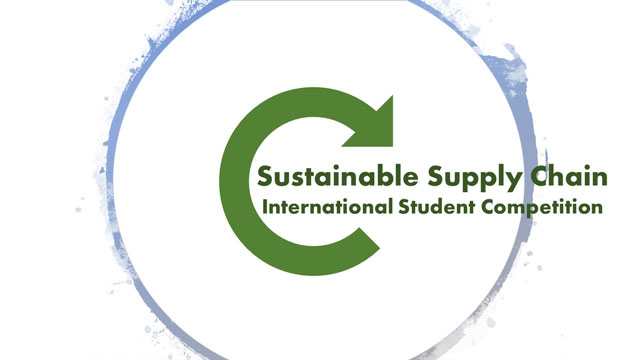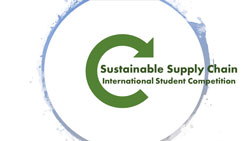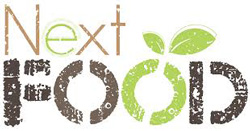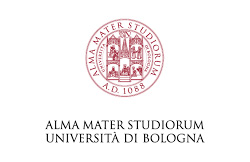
Master’s Student Competition in Sustainable Aquaculture
Cycle 1 in the Sustainable Supply Chain International Competition
The improvement of practical knowledge and ability in solving real problems in sustainable food production and processing is essential for students in food-related studies to meet the current requirements of professional skills by the job market.
The ISEKI-Food Association (www.iseki-food.net) in collaboration with UNIBO-Alma Mater Studiorum University of Bologna, Italy (www.unibo.it) as part of the NextFOOD project, Educating the Next Generation of Agrifood Professionals (www.nextfood-project.eu), opens the call for the Sustainable Supply Chain International Student Competition 2019 with teams from universities worldwide that will compete in a competition game based on participatory education and action learning to find the best solutions to a specific production or process problem/challenge in sustainable food systems.
This 1st cycle of the international competition will aim to answer the following question in sustainable aquaculture:
How can we define and ensure holistic and measurable quality that consumers understand?
Where ‘measurable quality’ means quantitative or qualitative assessment of product or process
We welcome project proposals that address this question in any way, some examples may include feed or formulation changes; innovative production, processing or packaging; eco-preservation; innovations in distribution and logistics and others.
Students will participate in an innovative, learner-centric environment based on active, action-oriented learning to develop a project including a specific objective/target, the design and development of a solution exploitable at the industry level and with the main aim of contributing to innovation in sustainable food systems as well as quality and safety of foods.
WHY
- Each team of students will work on a real, food industry-based problem in sustainability and therefore improve specific knowledge and competences.
- All students will improve group cooperation skills and awareness of the importance and benefits of teamwork in a competitive environment.
- Project evaluation will be ‘real’, that is carried out by food industry and/or food associations who, in collaboration with academics, will evaluate the projects based on the best professional abilities in problem-solving and team work.
- All students will participate in an action-oriented, participatory learning experience in which they will share knowledge and improve skills in a virtual environment.
- If accepted by the faculty mentor, students can earn university credit for their participation in the Competition Game.
WHO The competition is for teams of 3 min to 5 max Master’s students + 1 faculty mentor in an educational programme related to food science anywhere in the world





